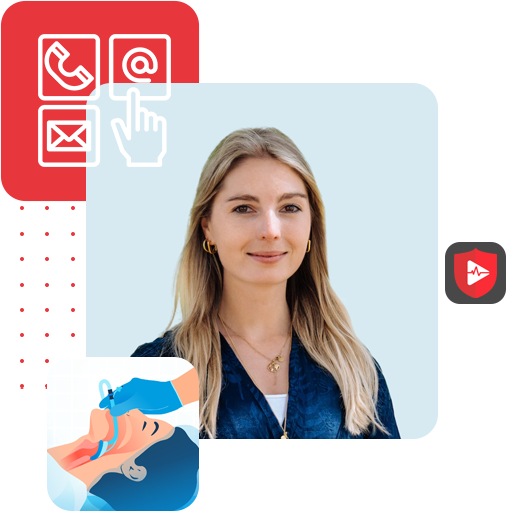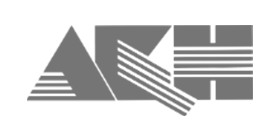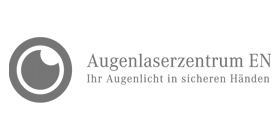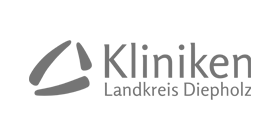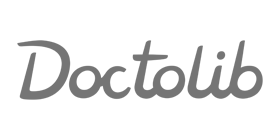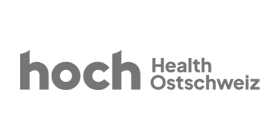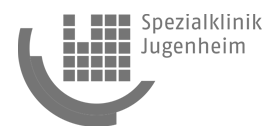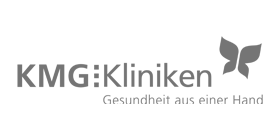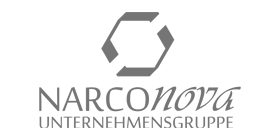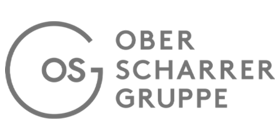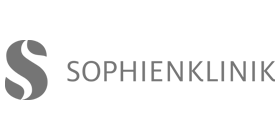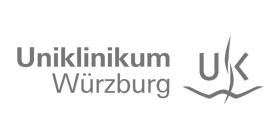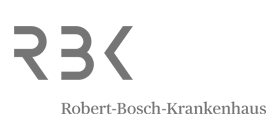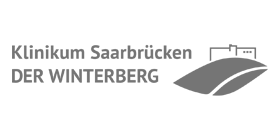Digitale, rechtskonforme Patientenaufklärung.
Die führende Consent-as-a-Service Plattform für rechtskonforme, digitale und audio-visuelle Patientenaufklärung sowie Informed E-Consent Einwilligungen von Patienten in Verbindung mit klinischen Prozessen zur personalisierten Medizin.
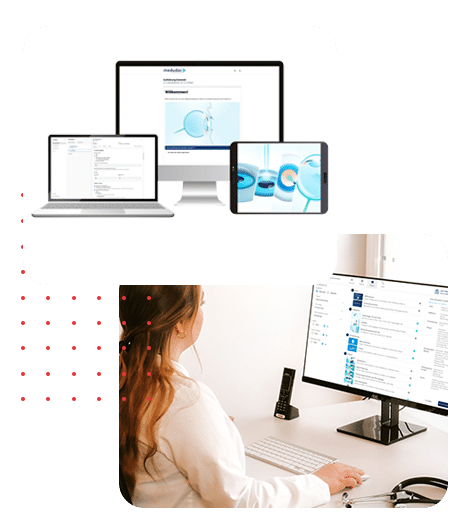
medudoc ist die Turnkey-Solution
für eine digitale, medikolegale Patientenaufklärung.
Eine Kombination aus individuellen Erklär-Videos für ein besseres Patientenverständnis und der digitalen Unterzeichnung und Archivierung von digitalen Aufklärungsbögen bietet umfassende Rechtssicherheit, Prozessautomatisierung und Kostenersparnis im Praxis- und Klinikalltag.

Telemedizinische Patientenaufklärung
Patientenaufklärung zu Hause als Gesamtlösung für höhere Patientenzufriedenheit und kostengünstigere Prozesse.

Höheres Patientenverständnis für bessere Aufklärungsergebnisse
Individuelle Videoinhalte erzeugen ein besseres Verständnis der geplanten Eingriffe und erhöhen die Qualität der Aufklärung.

Consent-Trail für höhere Rechtssicherheit
Der Consent-Trail dokumentiert die Individualität der Aufklärung und stellt eine rechtssichere Patientenaufklärung sicher.
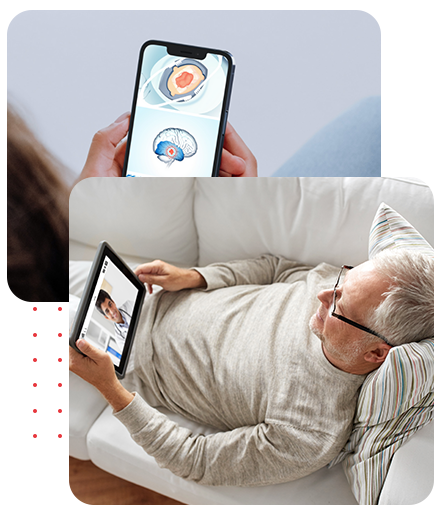
Höchste Rechtssicherheit und
Wirtschaftlichkeit schließen sich nicht aus!
Durch von unseren Kunden unabhängig durchgeführte Studien konnte eine beeindruckende Leistung der medudoc Aufklärungsplattform ermittelt werden.
77%
35%
HÖHERE PATIENTENZUFRIEDENHEIT
Im Verhältnis zu papierbasierter Patientenaufklärung. Studie umgesetzt durch das Universitätsklinikum Würzburg. Vollständige Studie kann kostenfrei bezogen werden.
Multilinguale Patientenaufklärung
reduziert Sprachbarrieren und erhöht die Qualität.
Menschen sind individuell. Genauso individuell sollte auch die Aufklärung vor wesentlichen Eingriffen sein. medudoc liefert eine individualisierte Patientenaufklärung in mehr als 23 Sprachen. Egal ob im Video, dem Aufklärungsbogen oder auch als automatischer Übersetzungsdienst im Aufklärungsgespräch.
23 Sprachen*
Videoinhalte und Aufklärungsbögen
Echtzeit-Übersetzung*
In Videoinhalten, Bögen und im Aufklärungsgespräch
*) Ab 04/2026
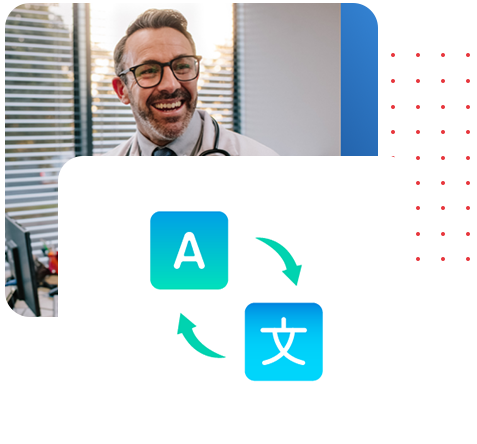
Wir sind medudoc
Wir haben es uns zum Ziel gesetzt, Patientenaufklärung neu zu definieren. Als Ärzte, IT-Experten und Gründer verwandeln wir die erforderliche Aufklärung in ein neues, interaktives Patientenerlebnis. Wir denken unsere Prozesse immer aus der Sicht von Ärzt:innen, um die Prozesse im Praxis- und Klinikalltag bestmöglich zu optimieren.
Unser Kunden sind begeistert!

Rosemarie Kubernus
Praxismanagement – Deine Urologie
Sowohl für unser Praxisteam als auch für unsere Patientinnen und Patienten gestaltet sich die Anwendung äußerst benutzerfreundlich und effizient.
Insbesondere entfällt für die Praxis der bisher erforderliche Aufwand für das Scannen sowie das manuelle Ausfüllen von Formularen. Der damit verbundene Wegfall des Schriftsatzes führt zu einer deutlichen Vereinfachung der internen Abläufe.
Wir können das System jeder Praxis empfehlen, da es eine spürbare Arbeitserleichterung mit sich bringt und gleichzeitig wertvolle Zeit einspart.
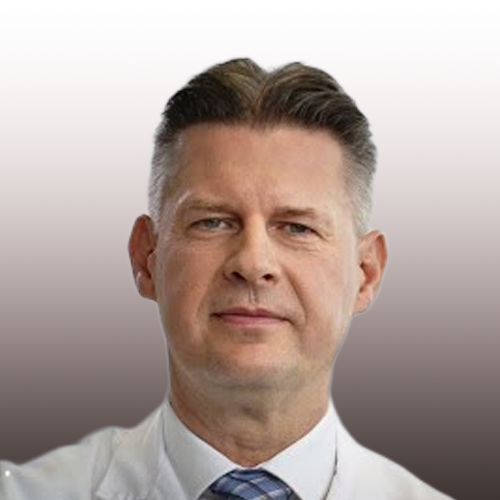
Prof. Dr. med. Oliver Bozinov
Chefarzt der Klinik für Neurochirurgie Kantonsspital St. Gallen
Mit medudoc sind die medizinische Aufklärung und Dokumentation digital, visuell und insbesondere individuell auf den jeweiligen Patienten zugeschnitten. Im Schnitt spart man dadurch die Hälfte der Zeit für Aufklärungsgespräche ein. Die gewonnene Zeit kann in die Behandlung weiterer Patient:innen investiert werden.
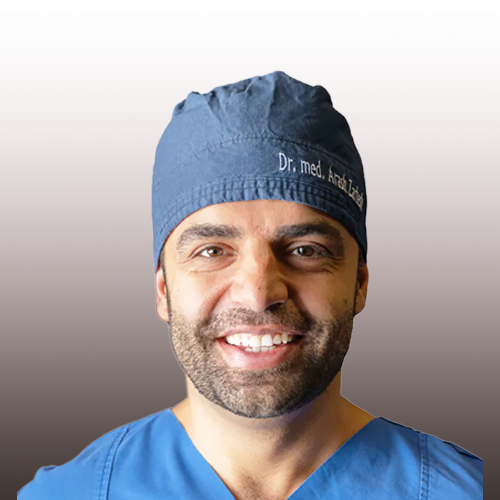
Dr. med. Arash Zarkesh
Inhaber Augenärzte Gevelsberg, Augenärzte Ennepetal
Viele Softwarelösungen lassen sich nicht ausreichend an die individuellen Abläufe einer Praxis anpassen. Für meine Arbeit wollte ich eine flexible Lösung, die ich vielseitig einsetzen kann. Mit medudoc habe ich einen Anbieter gefunden, der meine Erwartungen übertroffen hat.
Maximum an Rechtssicherheit
durch Individualität und Nachverfolgbarkeit
Eine Patientenaufklärung muss individuell, verständlich, zeitnah dokumentiert und auf die besonderen Bedürfnisse des Patienten zugeschnitten sein.
Mit medudoc liefern wir eine Gesamtlösung, die einerseits patientenindividuelle (digitale) Aufklärungsbögen optimal aufbereitet, deren Konsumation detailliert protokolliert und für die Behandlung wichtige Informationen und Zusammenfassungen liefert.

Es war noch nie so leicht, rechtskonforme Patientenaufklärung umzusetzen wie heute!
Starten Sie sofort heute mit einer kostenfreien Testversion und erleben Sie selbst die neue Art der rechtskonformen Patientenaufklärung in Verbindung mit unseren mehrsprachigen Aufklärungsbögen.
